5 Parenting Strategies to Develop a Growth Mindset
This post may contain affiliate links.
I have a daughter who dislikes challenges. She’d rather give up than persevere. This is probably hugely affected by her sensory processing disorder and ADHD. How, I don’t really know. But I do know that she does not have what professor Angela Duckworth calls grit and author Carol Dweck calls it a growth mindset. Or at least it’s hidden somewhere.
And I’m worried.
She’s living with a fixed mindset. This is when you believe that people are either born smart or not; that talents, intelligence, and personality can’t be changed. But we know from decades of research that this is simply not true. Our brains are amazingly malleable, even as adults.
Now don’t get me wrong, I don’t need my daughter to get straight As or a perfect score on the ACT test. That’s not it at all. What I care about is my daughter’s life. Having a growth mindset is essential for a successful life. In all areas. (Although kids with a growth mindset do better in school than their peers without. Just saying. . .)
My heart’s desire is that my daughter starts to see her potential by adopting a growth mindset. I want her to believe she can learn anything, grow in areas of challenge, and work hard to solve any problem.
“If parents want to give their children a gift, the best thing they can do is to teach their children to love challenges, be intrigued by mistakes, enjoy effort, and keep on learning.” – Carol Dweck
How do I Help Promote a Growth Mindset?
Mindset: The New Psychology of Success The Growth Mindset Coach: A Teacher’s Month-by-Month Handbook for Empowering Students to Achieve
The Growth Mindset Coach: A Teacher’s Month-by-Month Handbook for Empowering Students to Achieve I Can’t Do That, YET: Growth Mindset
I Can’t Do That, YET: Growth Mindset Ready-to-Use Resources for Mindsets in the Classroom: Everything Educators Need for Building Growth Mindset Learning Communities
Ready-to-Use Resources for Mindsets in the Classroom: Everything Educators Need for Building Growth Mindset Learning Communities Grit: The Power of Passion and Perseverance
Grit: The Power of Passion and Perseverance A Mindset for Learning: Teaching the Traits of Joyful, Independent Growth
A Mindset for Learning: Teaching the Traits of Joyful, Independent Growth
According to Carol S. Dweck, Ph.D., author of Mindset, I can do the following:
1. Have daily learning discussions.
At dinner, in the car or at bedtime take time for both the kids and parents to share the answers to these types of questions:
“What did you learn today?” (I LOVE this – so much better than “How was your day?”)
“What mistake did you make that taught you something?
“What did you try hard at today?”
It’s really important says Dweck that I share what I learned, too. This models for kids that I learn new things every day, even learning from failures.
When children share, you can reply like this:
“You certainly did get smarter today.”
“I like the way you tried all kinds of strategies on that math problem until you finally got it right.”
“We all have different learning curves. It may take more time for you to catch on to this and be comfortable with this material, but if you keep at it like this you will.”
“Everyone learns in a different way. Let’s keep trying to find the way that works for you.”
(These are direct quotes from Mindset by Carol S. Dweck, Ph.D.)
2. Give feedback on the process only.
Praise effort, persistence, strategies, seeking challenges, setting goals, planning, or using creative strategies.
Don’t praise personal abilities like being smart, pretty, or artistic. This kind of praise actually can lead to a loss of confidence since kids won’t be smart at everything. They’ll doubt their ability to be good at something that is difficult initially.
Salman Khan recently wrote that he will never tell his son he’s smart for this very reason. He shares, “Between the deep body of research on the field of learning mindsets and this personal experience with my son, I am more convinced than ever that mindsets toward learning could matter more than anything else we teach.”
3. Do you know brains can grow?
Explain to kids how the brain can grow stronger and that intelligence can improve throughout your life. Intelligence is not fixed. It’s changeable. This is called brain plasticity. (Aren’t you so glad!?)
What’s more, learning CHANGES our brains. (Again, three cheers for brain growth!) Kids need to know this is possible.
You might like the “You can learn anything” movement that the Khan Academy is doing, too.
4. Encourage risk, failing, and learning from mistakes.
Now is the time to let our kids risk and fail. Failure teaches our kids important life lessons. For one, it’s how they learn resiliency
But we often want to prevent our kids from failing, from feeling upset or sad.
Don’t.
We must let our kids fail now so that they can strengthen their growth mindset muscles. If we don’t, they will be adults with no perseverance, with no belief in their abilities to work hard and succeed.
In The Blessings of a Skinned Knee, Wendy Mogel says to be compassionate and concerned but not enmeshed.
Let’s keep each other accountable on this. This is hard but so important.
And if when your child fails, celebrate the lessons in the failure. Tell them about all the famous people who failed and didn’t give up. Read one of these biographies of individuals with a growth mindset.
That being said, I know that especially when you have a child as I do with neurological differences, she for sure needs support– bumpers, if you will. Failing for us does not mean hands-off parenting. Nor should it for any child.
Failing means not rescuing her when things don’t go her way; not doing her work for her; not making her life my own. It looks like me showing her how to talk to teachers about confusion over a lesson or a bad grade — but not doing it for her.
For me, failing looks like me offering her support and or accountability. “Do you need help getting started on…” or “Please do one thing on your homework by 7 pm and let me know what you choose.” And if she doesn’t do it, that’s her choice and her consequences to live with.
5. Encourage and model positive self-talk.
Finally, I think it’s worth encouraging kids in their growth mindset with memorable wisdom.
Share this self-talk chart from Fieldcrest Elementary. Because our inner self talk is where it all starts to shift. (Um, we need to do this, too!)
Try The Big Life Journal with your child. It’s a fabulous guided journal for children ages 7 and up to help develop a growth mindset, among other life skills.
I’m not saying it will be easy but if we want our kids to be independent, successful adults, it’s worth it.
How about you?
Are you hoping to help your kids shift mindsets?
See also:
Metacognition & Kids – Teaching Kids to Think About Their Thinking
UPDATED August 2019: Parents, keep on trusting the process. I’ve only recently seen a huge shift in my own daughter in the five years since I originally wrote this article.
Also, we have provided neurological and emotional support for her in the form of neurofeedback, brain-building body movements, and talk therapy.
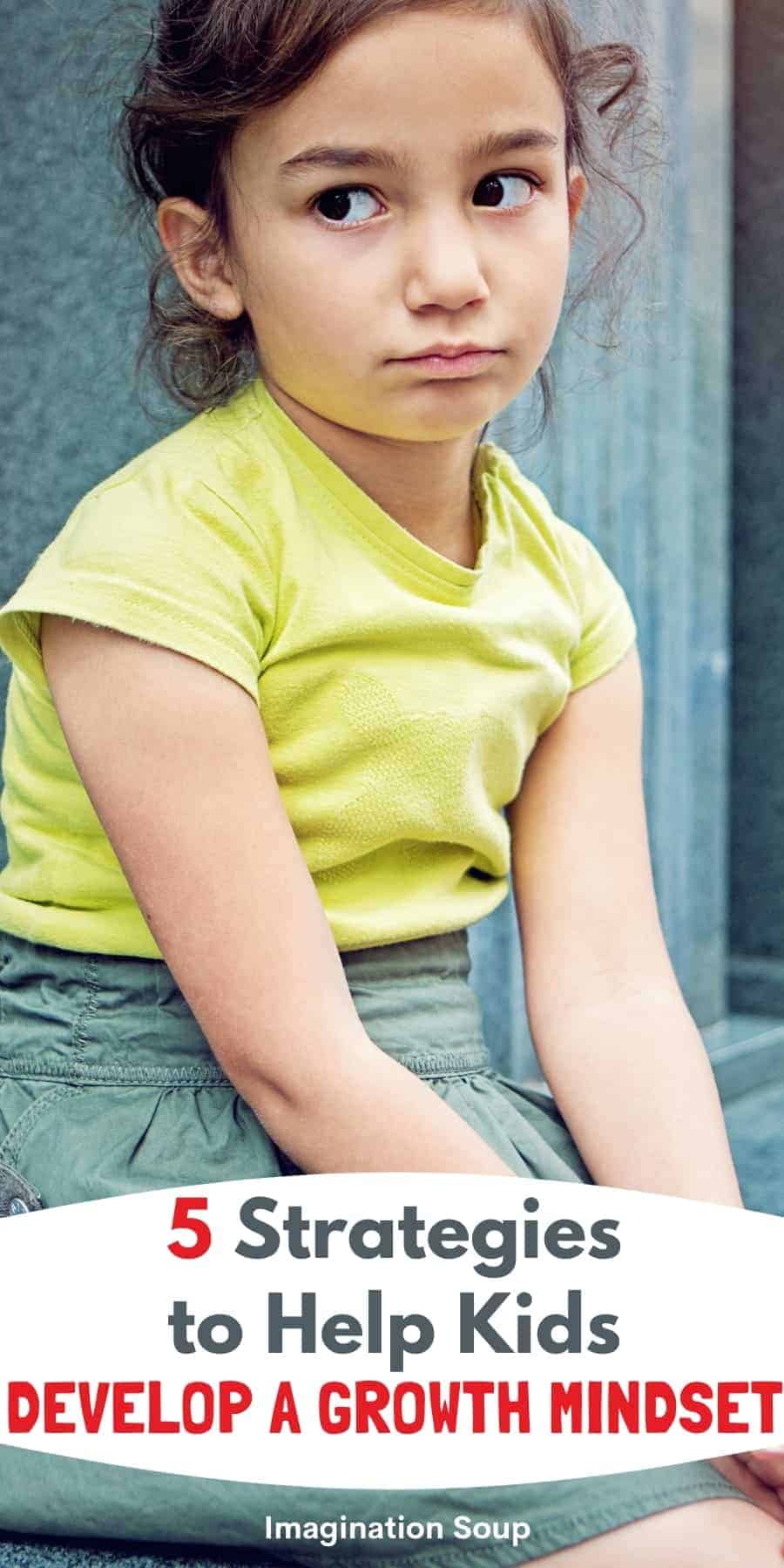
You Might Also Like:

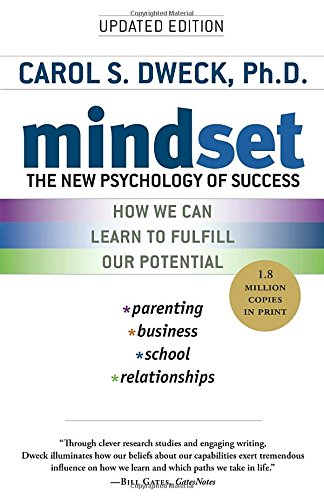

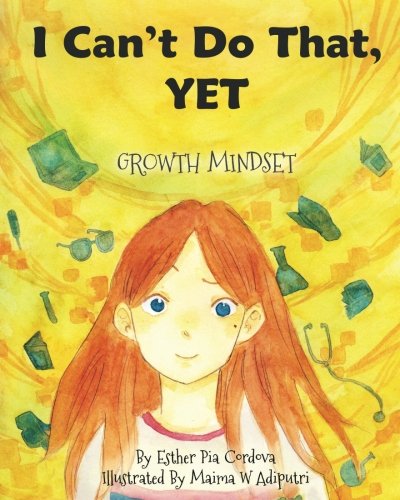



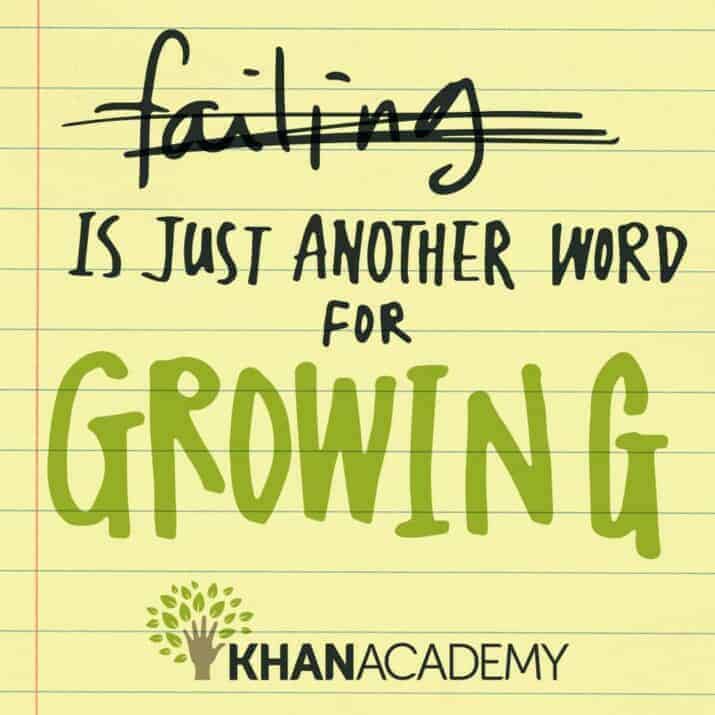
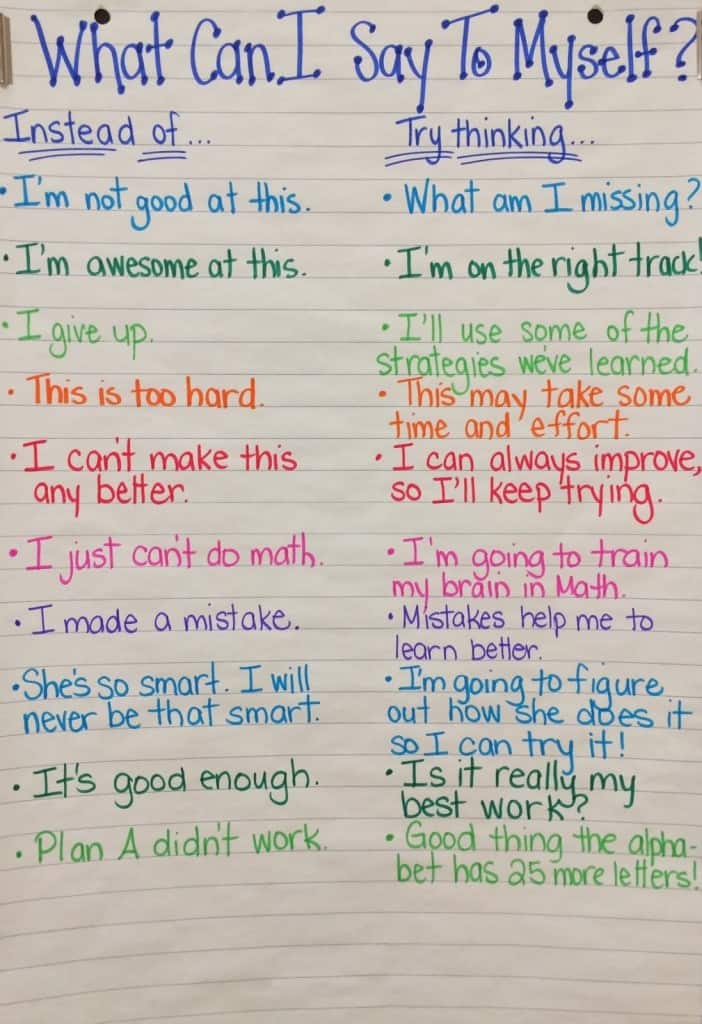
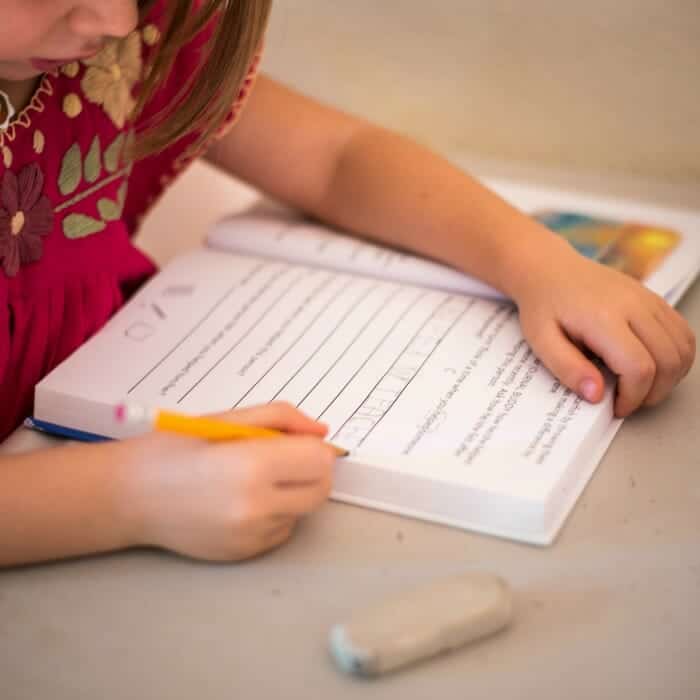
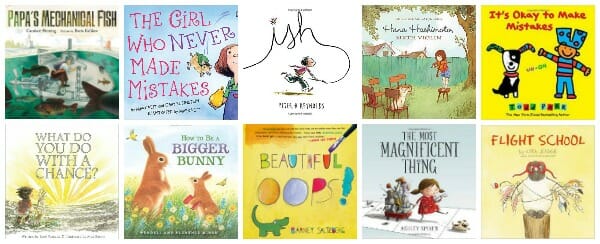

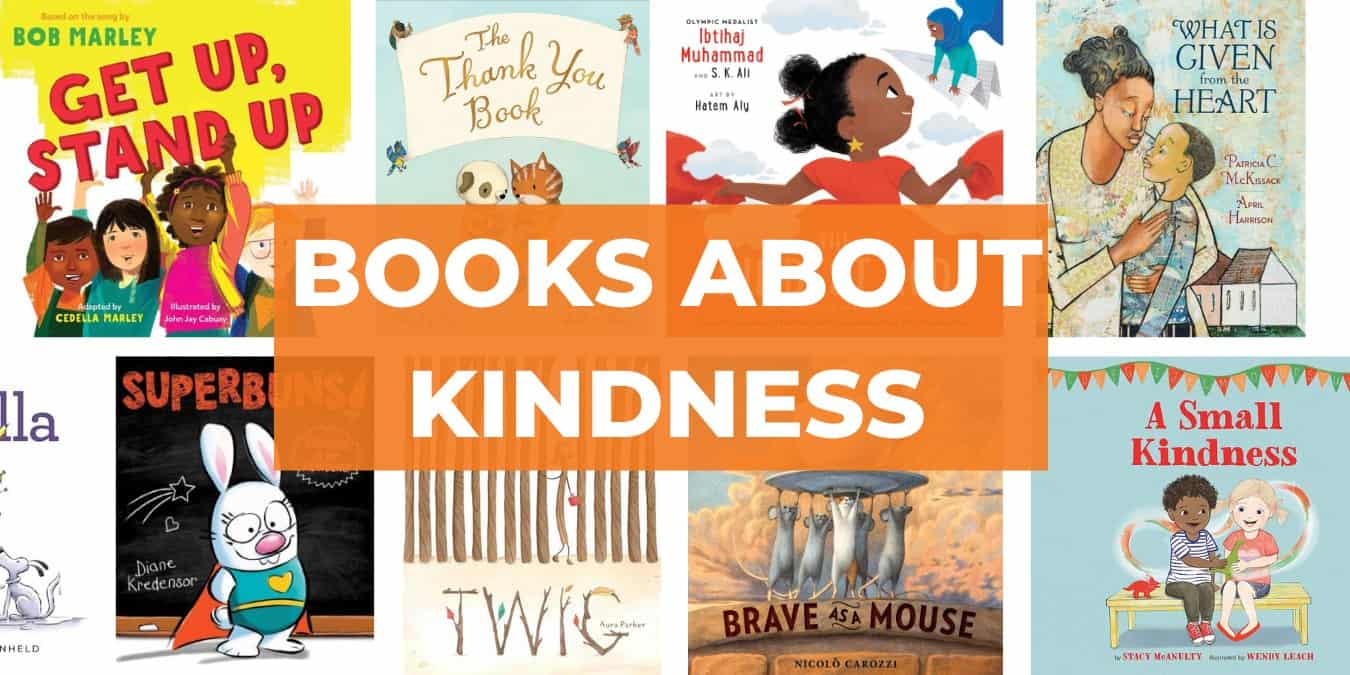
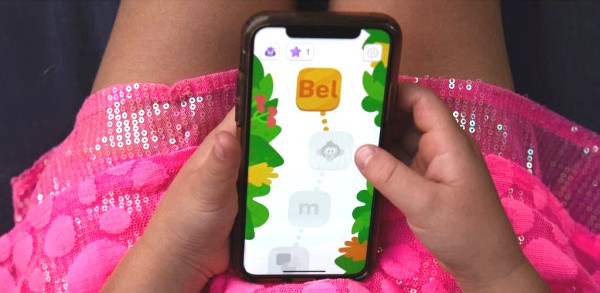

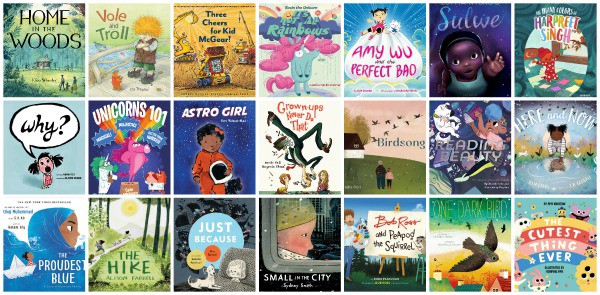

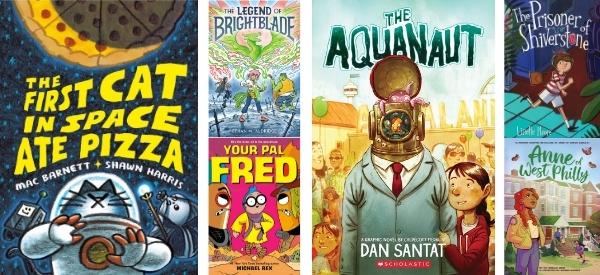
I agree with you, Melissa, it is very important to develop the child’s thinking, always talk with him about something, to do so that he would always think if a person does not think, this is bad, and in cases with a child, it’s even worse!
I am not sure how growth mindset applies to certain neurological realities. My son’s brain may “grow” but it is always going to be autistic and lack executive function. He’s not going to get better at executive function, even if he (fingers crossed) ever develops coping strategies that work for him. That’s what we’re routing for, but we still know it’s just papering over the real problem. The epitome of a band-aid rather than addressing the symptom.
Too true. No argument here.
Celebrate the incredible plasticity of the brain and how it works to help your son learn to work around his uniqueness. Meet your son where he’s at and work to help him become the best version of himself that he can be. That is what the growth mindset is about. Reality is always more grey than we’d like.
Dear Colleen,
You may wish to look into the Feuerstein Program, a cognitive skills program that directly impacts and develops executive functioning. email me for more info at jeanne @ mind-cap.org